Need help assembling starter routing kit
weedyacres
16 years ago
Related Stories

LIFEThe Moving-Day Survival Kit: Lifesaving Items and Niceties
Gather these must-haves in advance for a smooth move and more comfortable first days in your new home
Full Story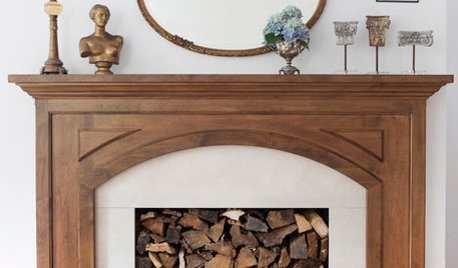
LIVING ROOMS8 Reasons to Nix Your Fireplace (Yes, for Real)
Dare you consider trading that 'coveted' design feature for something you'll actually use? This logic can help
Full Story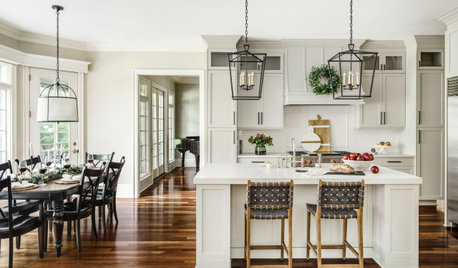
HOLIDAYSMake Your Checklist for Entertaining Season
Tailor this master list to help you set the scene — and table — for the holidays
Full Story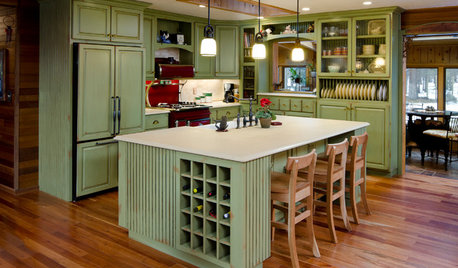
MOST POPULARHow to Reface Your Old Kitchen Cabinets
Find out what’s involved in updating your cabinets by refinishing or replacing doors and drawers
Full Story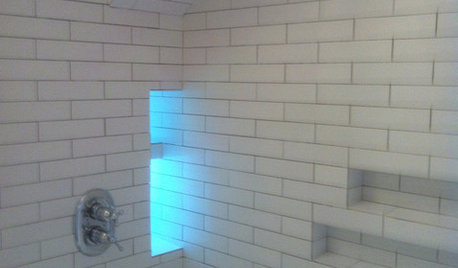
BATHROOM DESIGN10 Top Tips for Getting Bathroom Tile Right
Good planning is essential for bathroom tile that's set properly and works with the rest of your renovation. These tips help you do it right
Full Story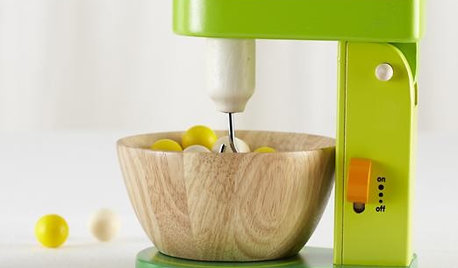
PRODUCT PICKSGuest Picks: Holiday Baking With Kids
These pint-size kitchen tools and toys can help inspire budding young bakers' culinary imaginations
Full Story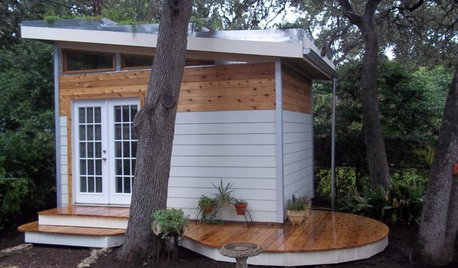
MOST POPULARHow to Add a Backyard Shed for Storage or Living
Need a home office, a playspace or extra room for your stuff? Learn about off-the-shelf, prefab and custom sheds
Full Story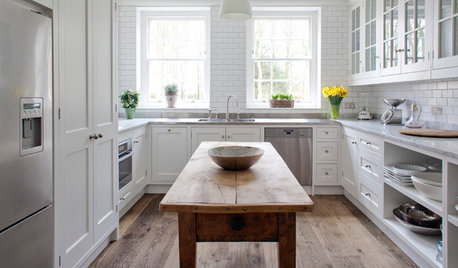
DECORATING GUIDESBring in Warmth and Character With Reclaimed Wood
Got a hankering for that natural touch? Go rough or refined with these ideas for using salvaged wood indoors and out
Full Story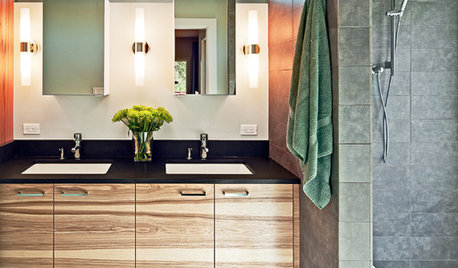
BATHROOM DESIGNA Designer Shares Her Master-Bathroom Wish List
She's planning her own renovation and daydreaming about what to include. What amenities are must-haves in your remodel or new build?
Full Story
KITCHEN STORAGECabinets 101: How to Get the Storage You Want
Combine beauty and function in all of your cabinetry by keeping these basics in mind
Full Story





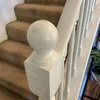
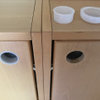
Jon1270
User
Related Professionals
Conyers Carpenters · North Miami Beach Carpenters · Parsippany Carpenters · Woodbury Carpenters · Albuquerque Flooring Contractors · Golden Glades Flooring Contractors · Myrtle Beach Flooring Contractors · Orange Flooring Contractors · Riverhead Flooring Contractors · Greer Furniture & Accessories · Paramus Furniture & Accessories · Savannah Furniture & Accessories · Tampa Furniture & Accessories · Topeka Furniture & Accessories · Aliso Viejo Furniture & AccessoriesweedyacresOriginal Author
Jon1270
User
bobismyuncle
weedyacresOriginal Author
User